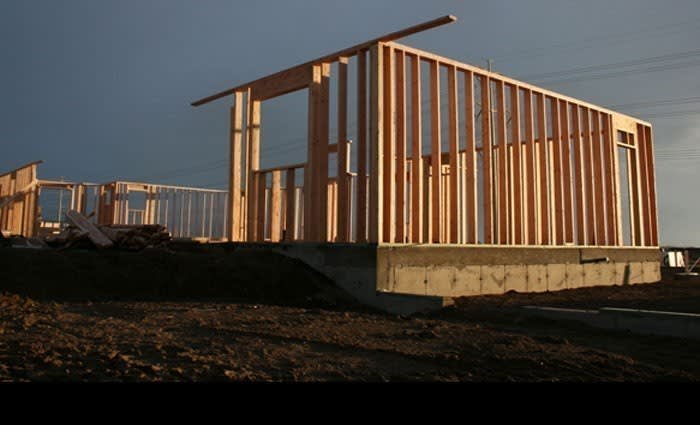Northern Territory’s FHOG directed to new builds only from 2015
As of 1 January 2015, Northern Territorians looking to buy their first home will only be able to get the First Home Owners Grant if they buy new, under recently announced changed.
The current property value limit of $600,000 will be removed, and the value of the grant for building or buying new homes has increased $1,000 to $26,000.
These changes are in effect as of tomorrow.
Dave Tollner, treasurer, said that the removal of the value limit will remove the requirement that the buyer pay for a valuation of the property.
“These are practical changes that will make the grant more appealing and flexible to first home buyers that are buying or building new homes,” Tollner said.
At the moment, a $12,000 grant can be obtained for established dwellings in an urban area, or in Darwin, Palmerston and Litchfield. A $25,000 grant is available for those outside of the urban area.
These grants for established homes will be gone from next year, with hopes of stimulating new home construction and to encourage a take up of the accelerated land releases.
“By targeting the first home owners grant towards the purchase of newly built homes, the grant is more likely to contribute to growth in housing supply and employment in the construction sector,” said Tollner.
Those looking to buy an existing dwelling have an opportunity for the next eight months to take advantage of the existing grant.
“This will ensure an orderly transition and allows buyers who are currently in the process of buying a home, or intending to do so in the near future, with sufficient opportunity to take advantage of the FHOG as part of that purchase until the end of the year,” he said.
“But ultimately, we want this grant to encourage the construction of new homes, create more jobs in the residential construction sector and improving housing affordability by increasing housing stock.”
In announcing this decision, the government acknowledged that providing a grant for existing property is “widely regarded” as contributing to higher property prices, noting economist Saul Eslake’s comments.
